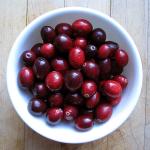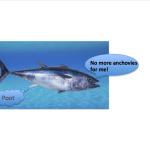In honor of Thanksgiving, it is time to turn to the beloved cranberry.
Food & Nutrition
One day, coffee causes cancer; the next, it cures cancer. One day, wine is good for you; the next it kills you. Given its self-contradictory wishy-washiness, can nutrition science be trusted?
By Lito Papanicolas, South Australian Health
Ah, our body’s microbiome, the bacteria living in symbiotic harmony in our gut, that newly discovered source of wellness, its mysteries only slowly being revealed. Our microbiome is an inner ecology of Planet Us.
America may be the most science literate country in the world, we may be dominant in Nobel prizes and science output, and at least we are not France, but a new survey by Harris shows that we still have a long way to go.
Some studies are so incredibly stupid, that one wonders how they managed to get published in any scientific journal, let alone a prestigious one. And yet, it has happened, once again1.
JAMA has a report today on the relationship between organic food consumption and subsequent cancers.
Is it possible that our children inherit more from us than genes and a home?
On October 4th, Australians who switched over to daylight saving time got an hour less of sleep as they moved their clocks forward. Changing the clock causes a temporary state of misalignment in our internal biological time.










